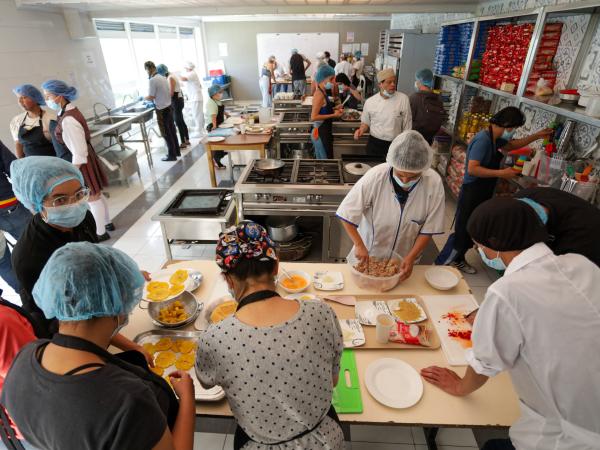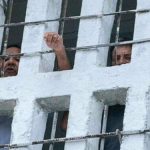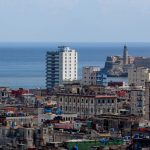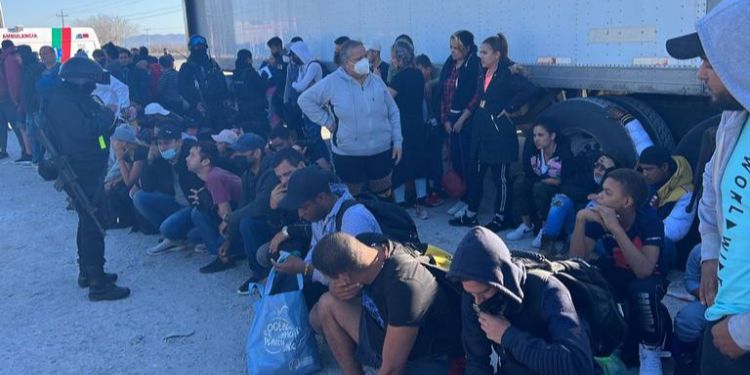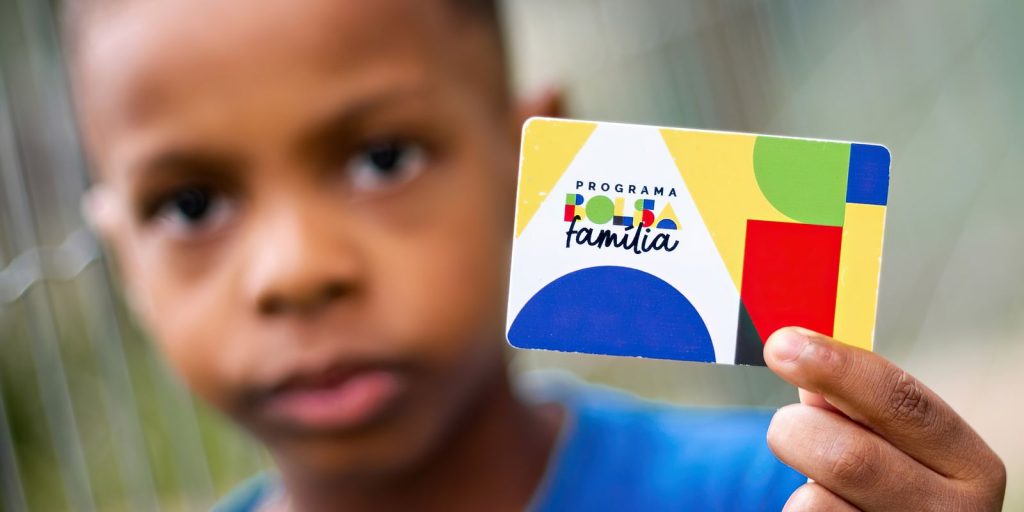Hours after President Gustavo Petro reported that the mayors of Bogotá and Medellín did not accept the program’s offer Solidarity Supply Point (PAS), With the aim of combating hunger and boosting agricultural production among the country’s farmers, the mayor of the country’s capital, Carlos Fernando Galán, announced that he will present the Bogotá Sin Hambre 2.0 program on Tuesday.
(You may be interested in: Bogota and Medellin have reportedly not accepted the government’s program to fight hunger).
“Hunger is not fought with speeches or tweets, but with serious, well-structured, effective and, above all, implemented programs. On Tuesday at 6 am I will present Bogotá Sin Hambre 2.0, the program with which we are going to overcome hunger in our city.”said Mayor Galán through a message on his X account.
Hunger is not fought with speeches or tweets, but with serious, well-structured, effective and, above all, implemented programs. On Tuesday at 6 am I will present Bogotá Sin Hambre 2.0, the program with which we are going to overcome hunger in our city.
— Carlos F. Galan (@CarlosFGalan) August 18, 2024
In this way, the district leader responded to the questions raised by President Petro and the director of the Department of Social Prosperity (DPS), Gustavo Bolívar, regarding the decision of the Mayors of Bogotá and Medellín not to accept the call, as other cities did.
(Also: What the decree officially banning coal exports to Israel says).
“A call was made for offers of plots for the PAS, which are modular structures so that people can find cheap food directly from the fields, and restaurants with free hot food in the fight against hunger. Imagine that the municipalities did not register any plots: Bogotá and Medellín. I ask the poor communities in Medellín and Bogotá to find plots to make the PAS against hunger.”President Petro wrote hours earlier.
According to the Government’s plan, Each Solidarity Supply Point, PAS, includes a dining room, a community kitchen and a free distribution point for well-being..
(Besides: Petro defends forced investments as a mechanism to reactivate production).
It also includes up to forty market sales sites, commercial premises, as well as a collection center and a loading and unloading area for products.
The first call is aimed at 197 municipalities: 170 PDET and another 27 that are capital cities and districts of the country.
PORTFOLIO
